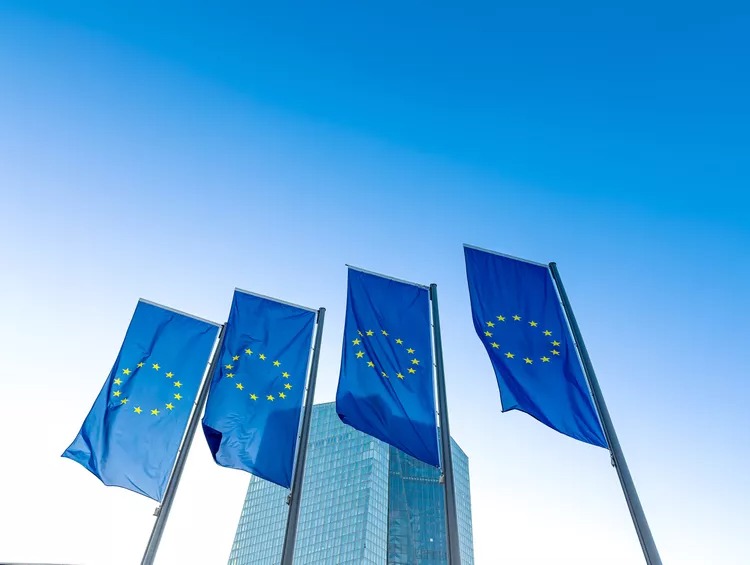Eurozone August business activity at fastest pace in 3 months amid ‘Olympic effect’ – PMI
The eurozone’s business activity expanded at its strongest pace in three months during August, driven by a surge in services activity. While this marked the sixth consecutive month of growth, underlying data revealed economic fragility across the euro area as new orders, employment and business confidence deteriorated.
“A major force behind August’s accelerated euro area expansion was France, where private sector output rose at the quickest rate since May 2022.” the HCOB PMI survey read on Wednesday.
“Despite this, the eurozone’s second-largest economy still ranked behind Spain (the best-performing nation for which Composite PMI data are available), which posted a solid and slightly stronger upturn. Improved growth rates were also seen in Ireland and Italy, while Germany bucked the trend by posting a second successive decline in private sector business activity.”
The seasonally adjusted HCOB Eurozone Composite PMI Output Index – a weighted average of the HCOB Manufacturing PMI Output Index and the HCOB Services PMI Business Activity Index – rose for the first time since May to a three-month high of 51.0 in August, from 50.2 in July.
Rising further above the 50.0 no-change mark, the latest figure therefore pointed to a re-acceleration of growth. However, the overall pace of expansion that was implied was only marginal overall.
Growth in the euro area was fuelled entirely by services activity, which rose at the fastest rate in three months. Manufacturing production continued to shrink, extending the current sequence of decline in factory output to 17 months.
The overall economy grew slightly, with services activity driving the expansion. Manufacturing continued to contract, extending the current sequence of decline in factory output to 17 months.
For the first time since the start of 2021, the seasonally adjusted HCOB Employment Index reached below the critical 50.0 threshold, marking a reduction to workforce numbers across the euro area private sector.
“The Olympic Games in Paris brought plenty of victories, and the French service sector was certainly among the winners. The latter helped drive accelerated growth in the eurozone’s service sector for August.” Cyrus de la Rubia, Chief Economist at Hamburg Commercial Bank, said.
“But the big question is whether this boost is sustainable. The positive vibes from the Games and the ongoing Paralympics might carry through into September in part, but we expect the slowdown in growth, which started in May, to likely resume in the coming months.”
As for the European Central Bank (ECB), Cyrus said it is probably breathing a small sigh of relief thanks to the latest prices data.
“Although service providers nudged up their prices slightly more in August compared to July, overall cost pressures, especially those driven by wages, have eased. This will likely weigh more heavily in the ECB’s considerations. Coupled with the favourable inflation numbers Eurostat recently released for August, the ECB is likely to see this as further justification for cutting interest rates at their September 12 meeting.”
“The “Olympic effect” is also set to ensure that the eurozone’s GDP will show growth in the third quarter. It’s encouraging that the service sector is showing growth across the board geographically, with the HCOB PMI above 50 points in all four major eurozone economies. However, it’s a tale of two sectors: while services are driving the growth, the manufacturing sector remains stuck in recession, with conditions worsening in several countries, including Germany and France.” Cyrus concluded.
Attribution: HCOB Eurozone Composite PMI®



